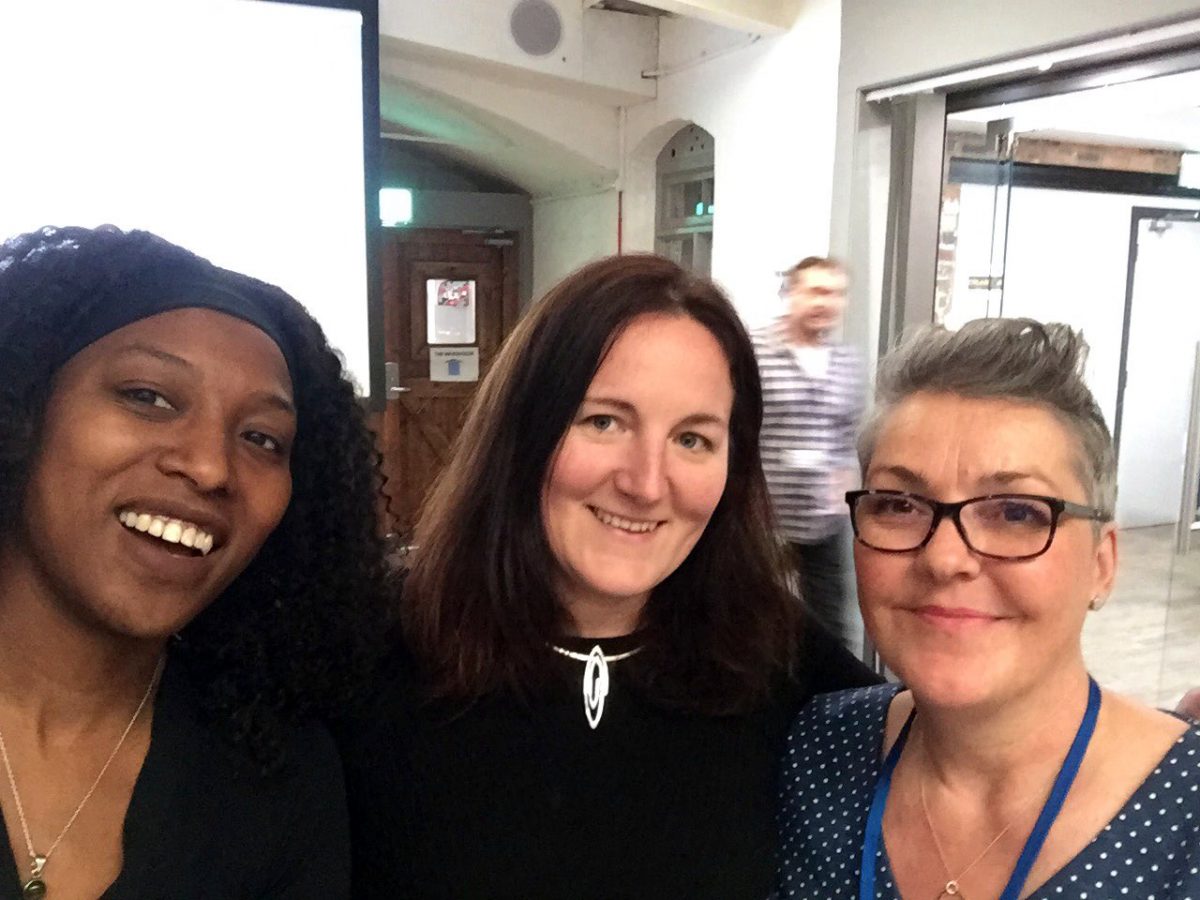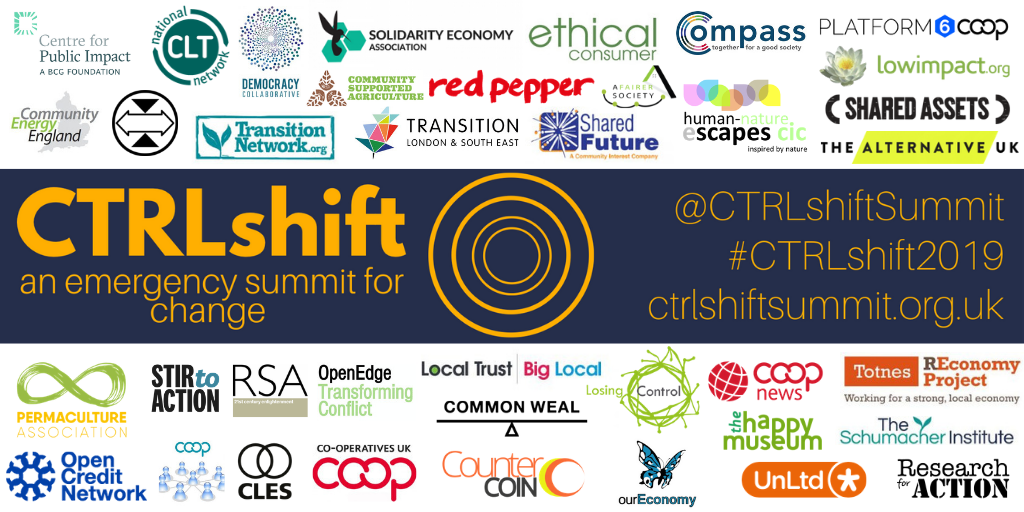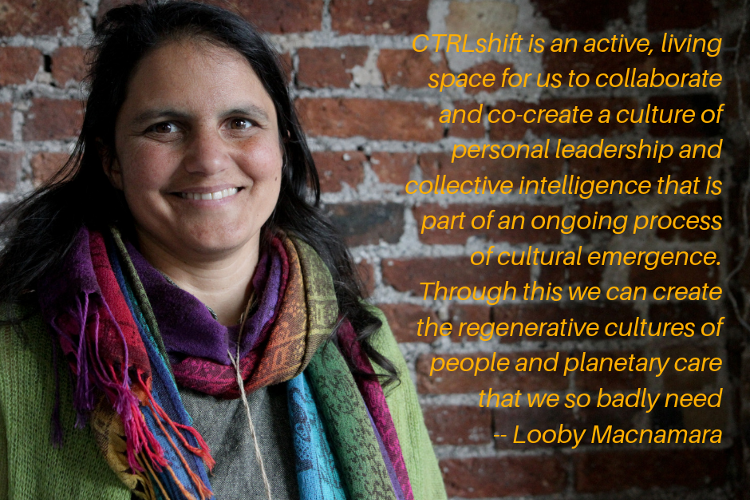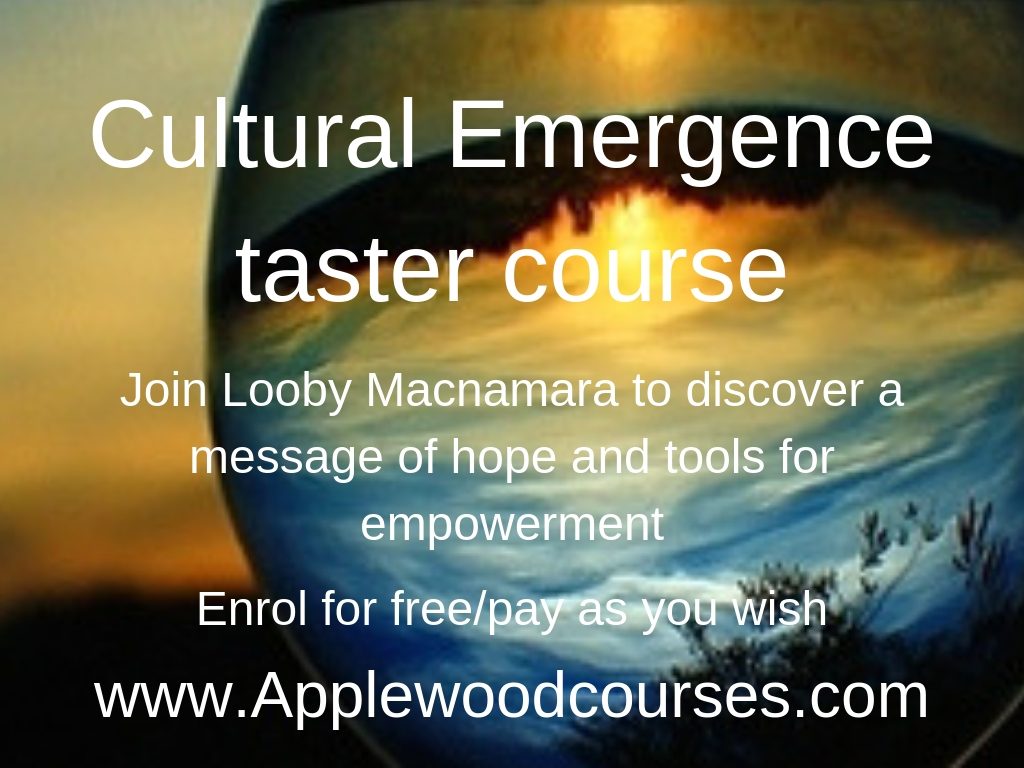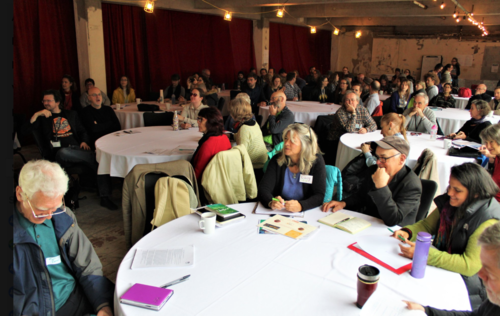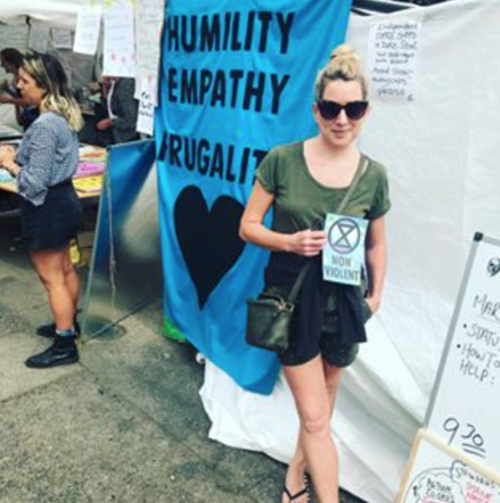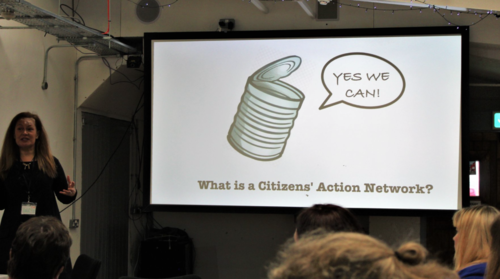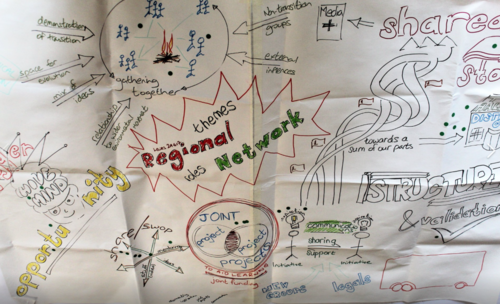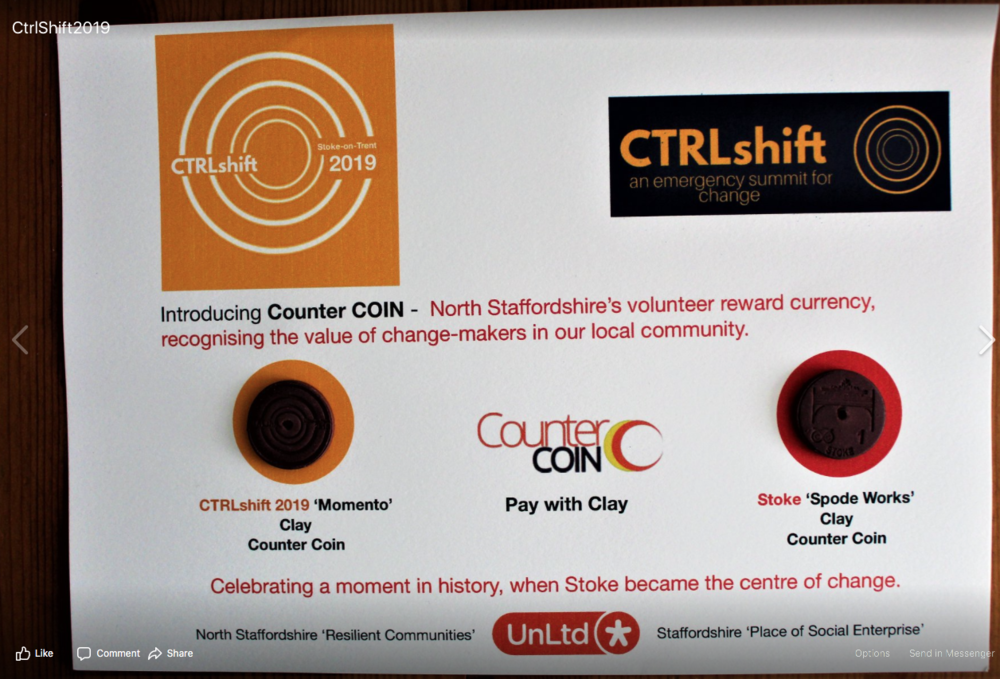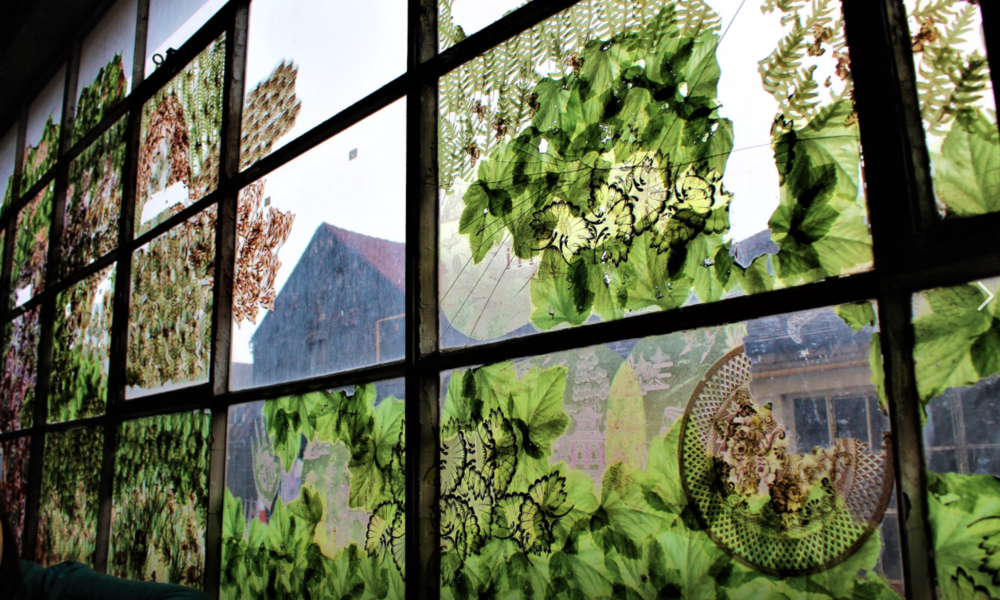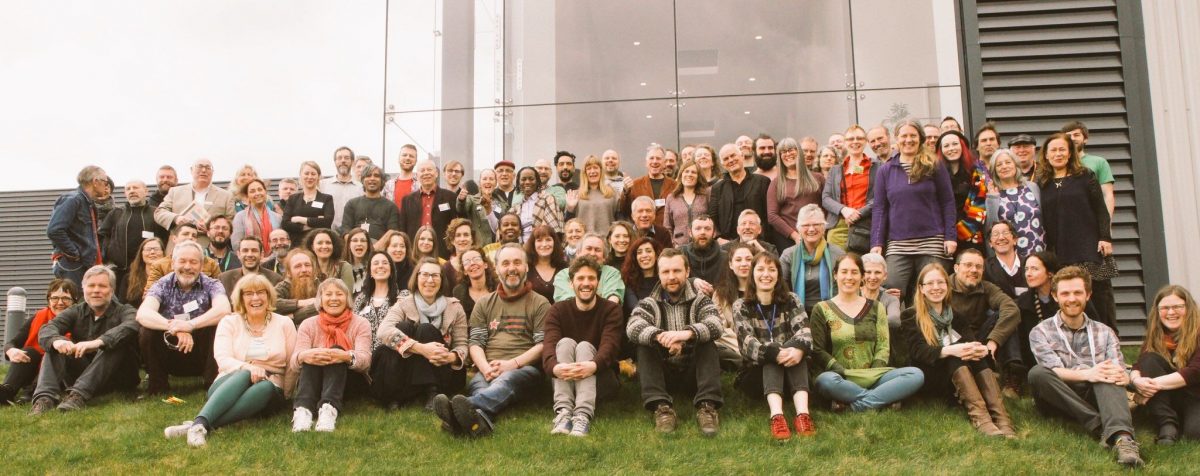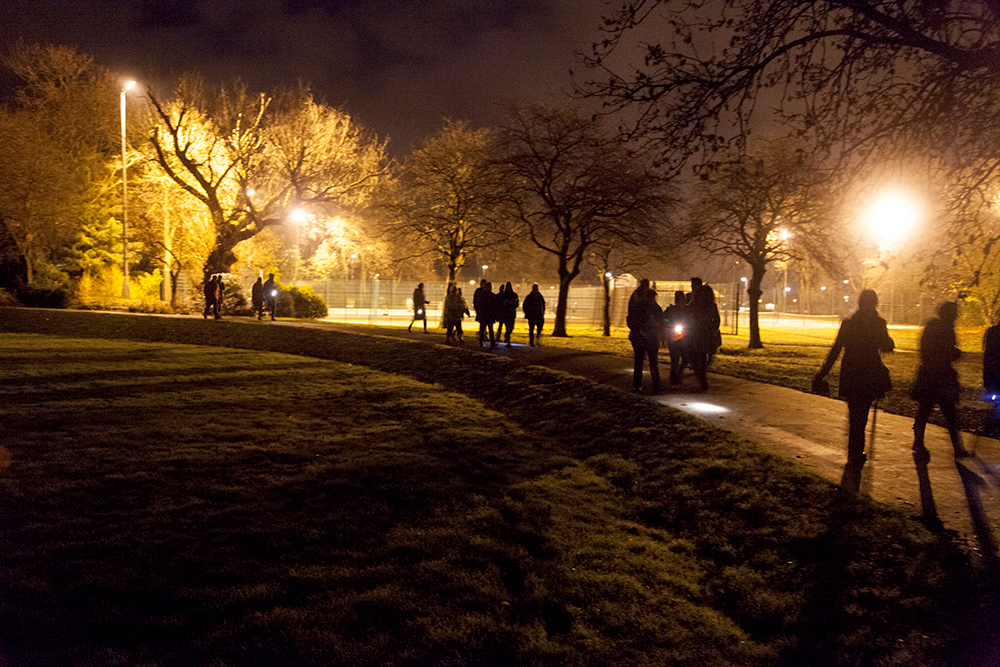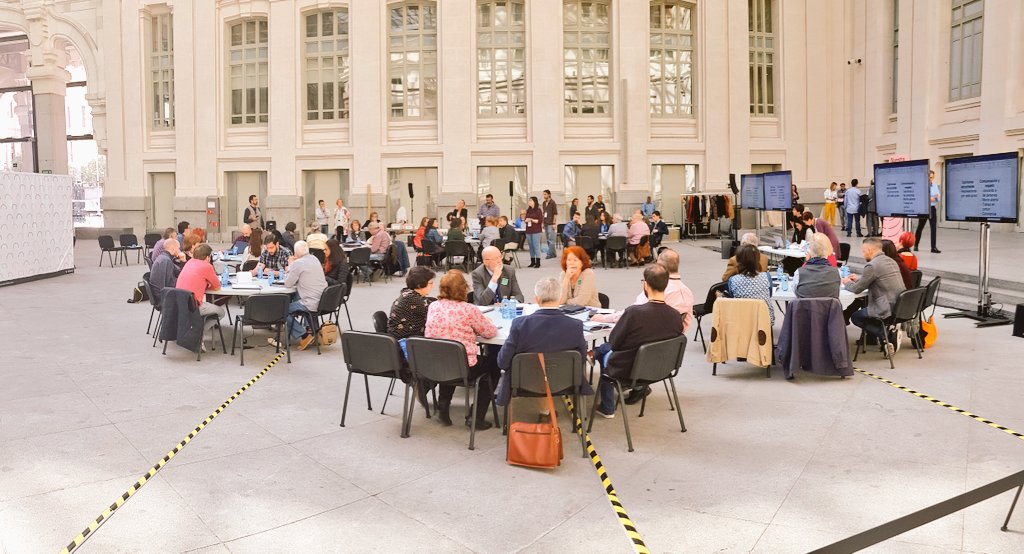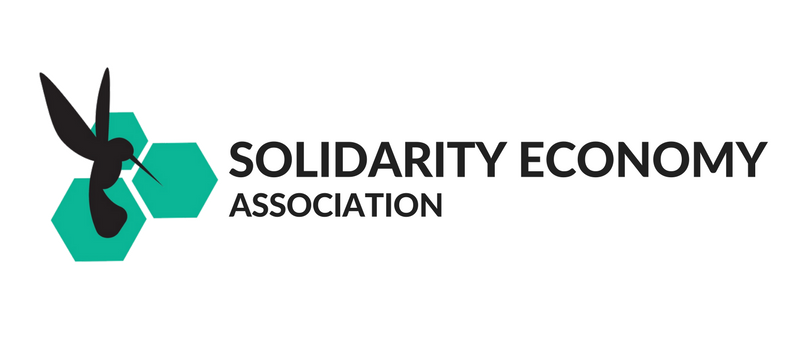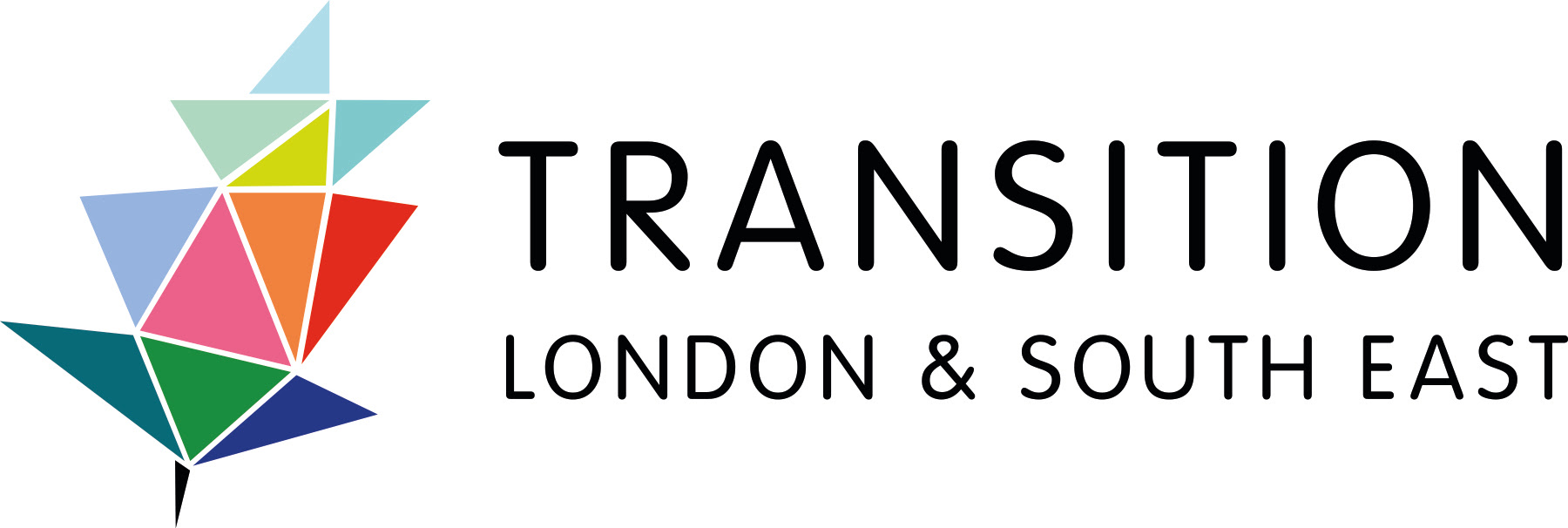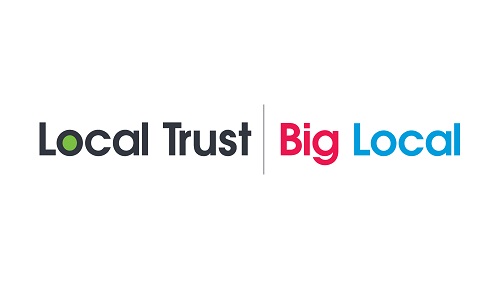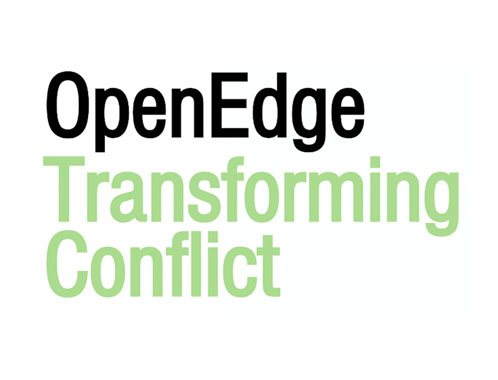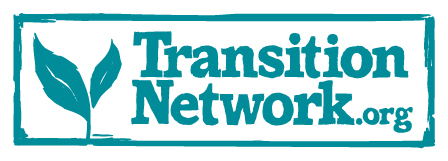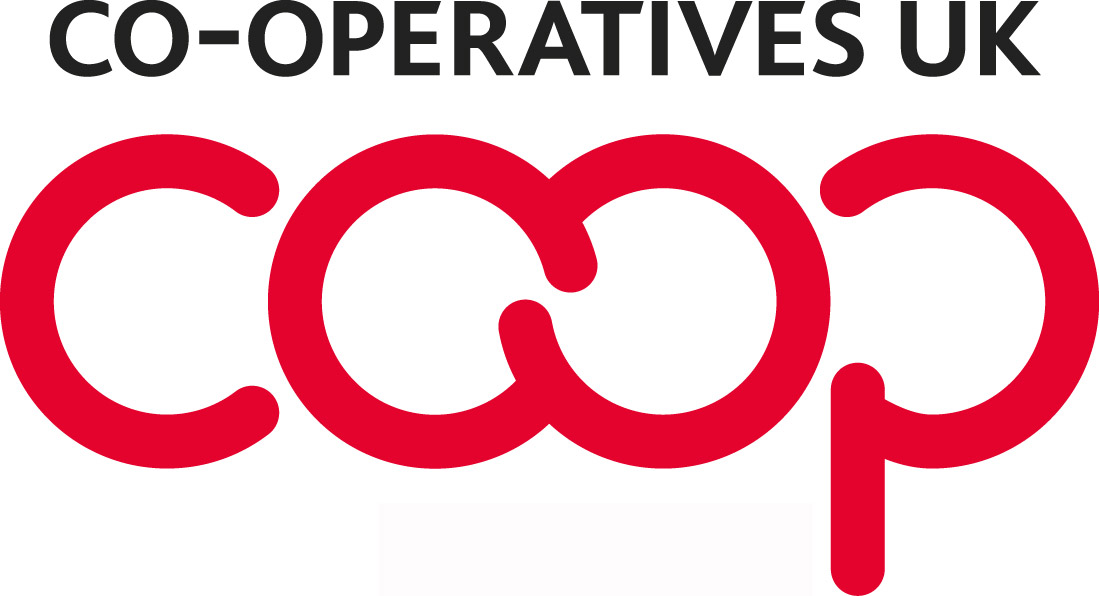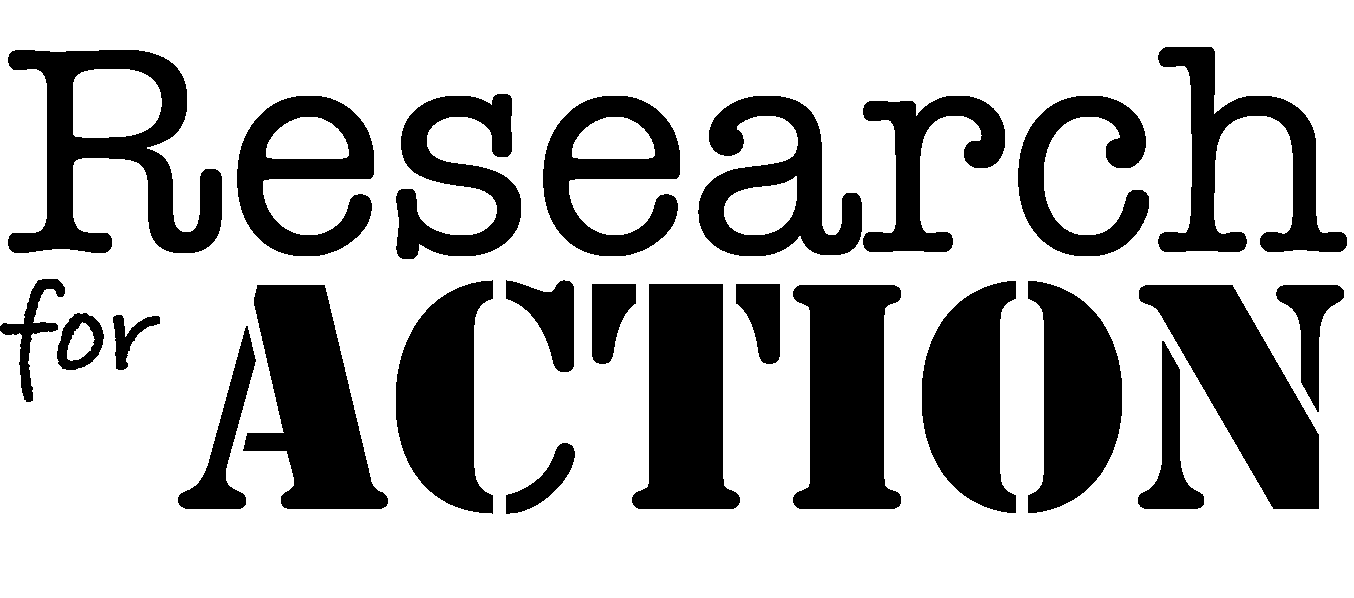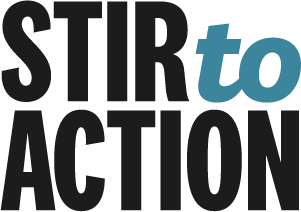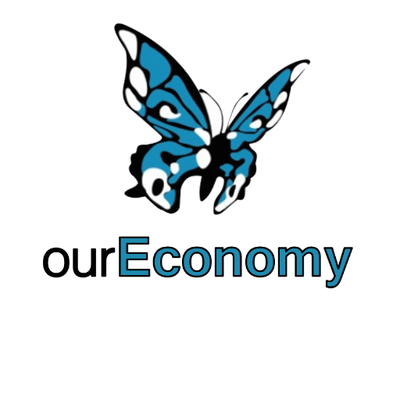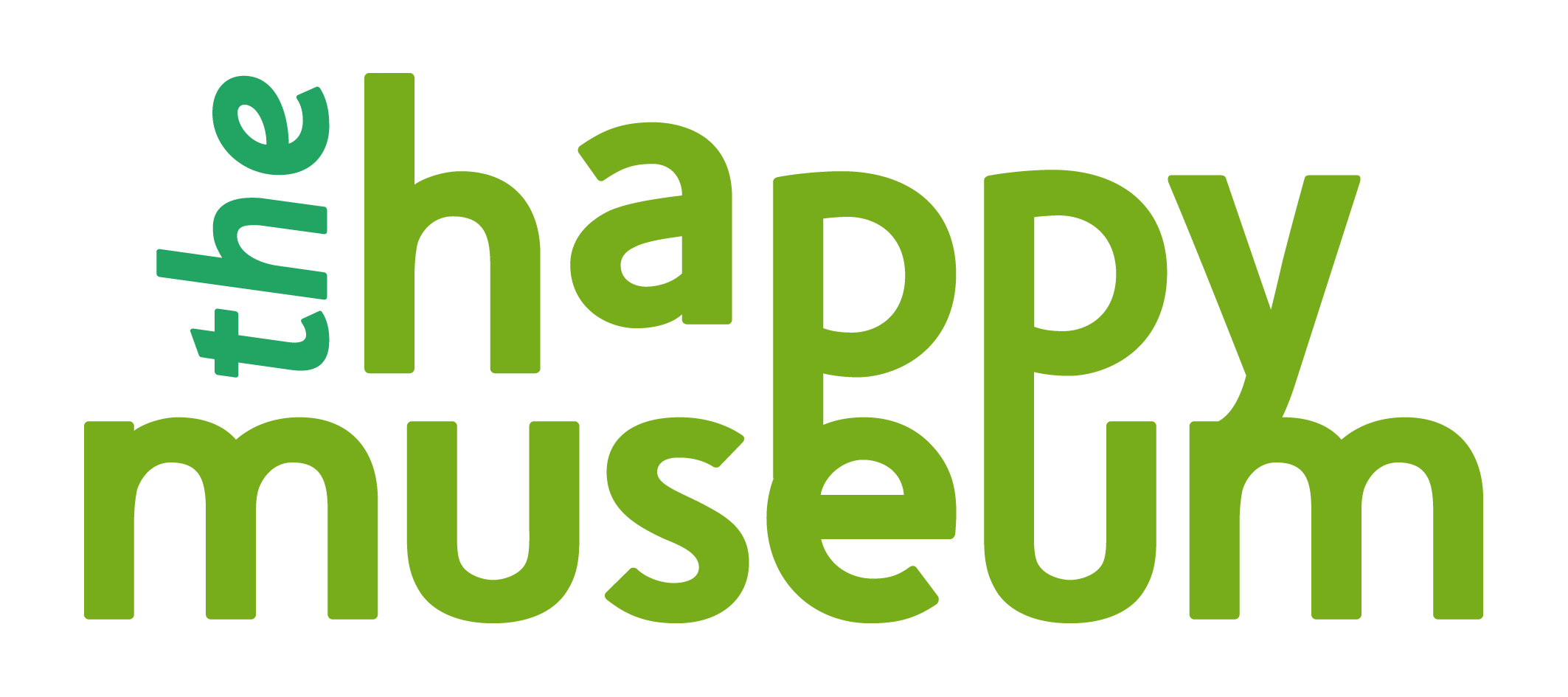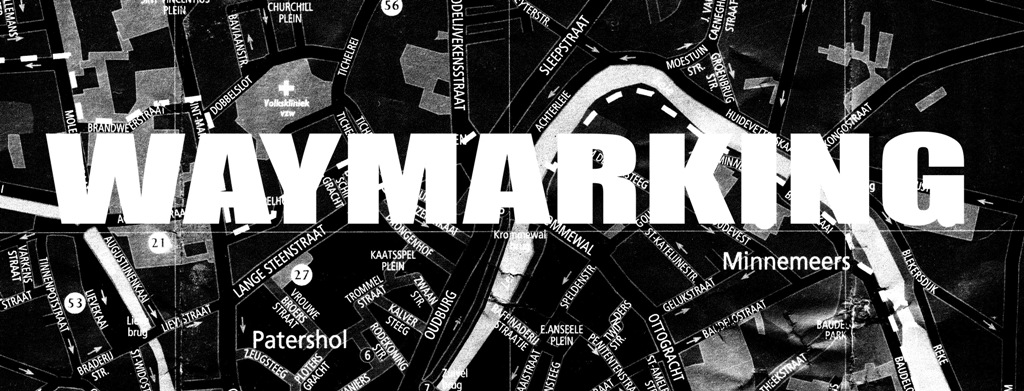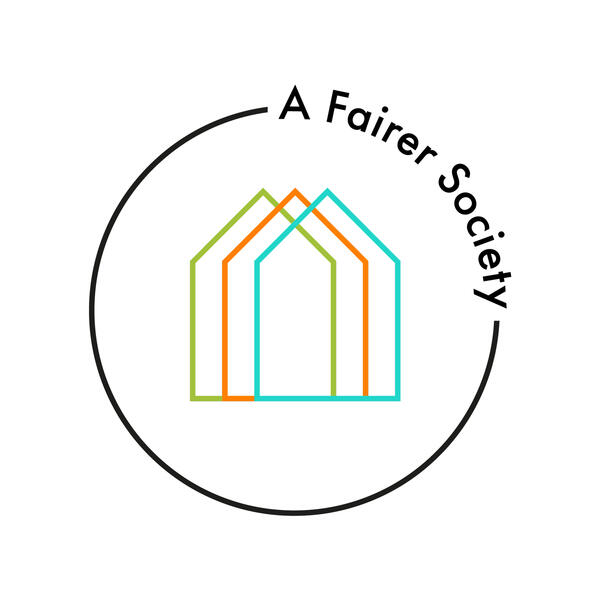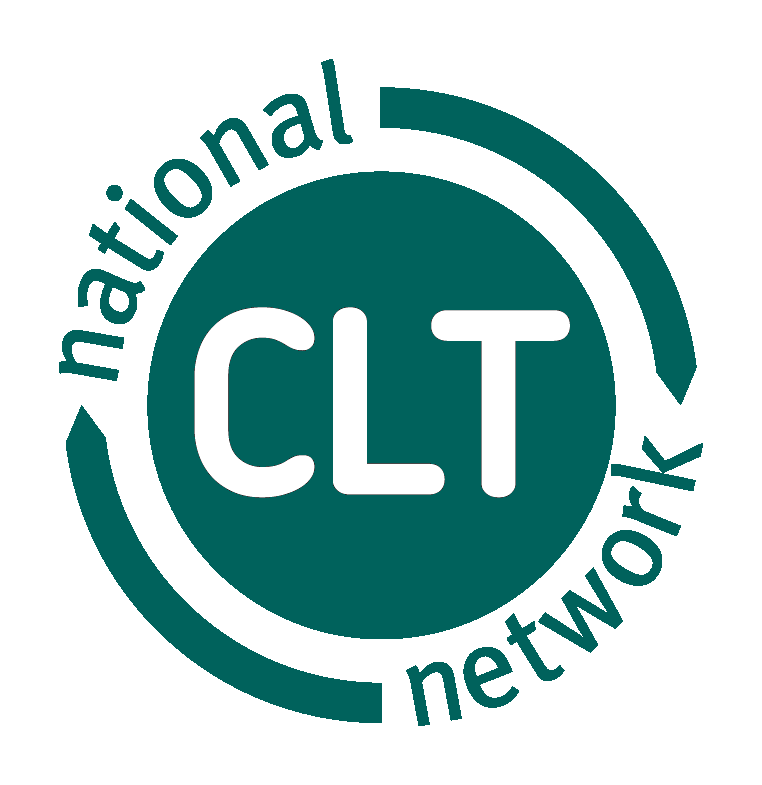Women as a Force for Social Change at CTRLshift Summit
A short summary of this year’s
For the second year in a row, the CTRL Shift team brought together their unconference style 3 day event, where grass roots activism, meets public and private sector decision makers. The location moved from Wigan in 2018 to Stoke and built on core themes including: tackling the climate emergency, permaculture, building resilient, innovative and connected communities and sharing models from across the country of people who act – not just for one or two days, but constantly to seek to create a fairer, greener, inclusive and sustainable future which we all have a stake in and a part to play.
The team behind CTRL Shift believe ‘A better future already exists’, they seek to bring together individuals, organisations and networks across the UK who are already creating a future that’s more inclusive, collaborative, and aims to benefit everyone. The aim is to shift political, economic and cultural power away from the status quo and involve diverse communities in intelligent systems change that works.
Throughout the conference there were a mix of discussions, critical thinking and mapping sessions alongside ‘Solutions sessions’ highlighting good practice already happening which can catalyse solutions for change. Space and time was created to have wider thematic and co-working sessions where deeper collaboration and strategy development starts to turn into action through people finding their voice, common ground and creating increased co-ordination and connection to act.
Solutions sessions and themed conversations at Ctrl Shift 2019 combined an eclectic mix seeking to address a range of social and environmental challenges: Wellbeing, Citizen Action Networks, Citizen-led Economic Transition, Mutual Credit, Local Food, Students as change agents, Regional Networks, Women as a force for Social Change, Climate Conversations, Creativity, Participatory Budgeting, People Powered Money, Regenerative Business, Systems Thinking for Connected Action, Shared Governance, Transformative Economies or Community-led Housing. Something for everyone you might say – or a lot of issues to try and do something about!
As co-founder and director of Flourish Together CIC, which is based in Greater Manchester, but operating across the North, we’re a pay it forward consultancy which invest its surplus resources and profits in supporting more women to create the change they see needed in communities and society at large. I convened the ‘Women as a Force for Social Change’ session where we leveraged our time, networks, experience and brainpower to hold 4 conversations in our 50 minute slot.
The need for our session was clear, with evidence ranging from Caroline Criado Perez’s new book ‘Invisible Women’ highlighting the extent to which women’s voices, experience and intelligence is missing from so many elements of decision making from our research and technology industry, to local politics and business growth and development. Plus the fact that for every £1 of private investment only 1 pence (yes that’s right 1p) goes to women led businesses and organisations. This rises to 11p if you look at companies with a mixed board resulting in 89p per pound going to the remainder – the men, to lead and spend resources as they see fit. All of the women involved in leading the session would identify as social innovators and entrepreneurs and could bring strength from the knowledge that the Voluntary, Community and Social Enterprise sector is already creating a shift with over 40% of social ventures led by women. Plus the organisers of Ctrl SHIFT snapped our hand off when we said we’d run it.
A summary of our 4 action orientated discussions to build connections are below along with links on how to follow up for more information:
NICKALA TORKINGTON (www.flourishtogether.org.uk) mapped and discussed over 50 examples of women as a force for social change as well networks/ activities supporting progress – we looked at everything from who is excelling, what sectors are they operating in, current energy and strength
PATSY CORCRAN (www.asist.org.uk) & MONICA CRU HALL (www.countercoin.network) discussed enabling inclusion and the role of advocacy for women influencing and leading change. They shared good practice examples and major gaps in enabling women to have a voice and be represented. Giving concise examples of how to support more women with disabilities and learning difficulties and also more women from from Black, Asian, Minority and wider Ethnic groups including Refugees to feel compelled to speak, be heard, get involved, take action and bring real and authentic diversity to influencing and decision making. Sharing learning from lived experience and the work of Asist.
INDRA ADNAM (www.thealternative.org.uk) looked at ‘What is the new politics for the future to enable women to act as a force for social change?’ Discussing how to create a new landscape, structures, language to enable politics and democracy to be fit for purpose and relevant for the future.
ALEX PHILLIPS (www.unltd.org.uk) held a conversation looking at the characteristics and behaviours of women innovators, entrepreneurs and leaders reflecting whether there are ways in which women bring something different when fostering, innovating, designing and implementing change? Especially given 40% of social enterprises are led by women and only 1-11p per pound of Venture Capitalist funds are invested in women how do we support more social ventures to be taken seriously and scale?
Our group and the diverse people who joined the discussions found this a great space to learn, debate, map what is happening and to help give a platform to new voices as well as improve how we start to co-ordinate ourselves for impact – two of the key goals of Ctrl SHIFT.
In many ways the Ctrl SHIFT model isn’t that unlike any other conference, however the format and style, the mix of people, the venue they choose (towns with industrial hearts finding ways to keep beating and innovate social and environmental change) and the legacy they try to build in the places are they run – considering the conference themes through towns in need of regeneration and testing actions in these localities, has the potential to make these conferences and the network stand out and be a gamechanger in shifting control….. The proof of the pudding though, is always in the eating and making sure there is genuine, consistent and connected action. With 10-20 such towns across Greater Manchester and a track record of having run one in Wigan, there is certainly momentum to build on. We have many of the right ingredients, solutions working now in pockets and smart people across all walks of life across our communities taking action day in day out – whether we can agree on what pudding or cake stall to create in Greater Manchester in another matter, however the tools, networks and principles of Ctrl SHIFT make us natural allies of this work well into the future and discussions following the conference are warming up nicely.
For more information on elements of this blog email nickala@flourishtogether.org.uk or organisations highlighted. For more information about Ctrl SHIFT 2020 see: https://ctrlshift.org.uk/

